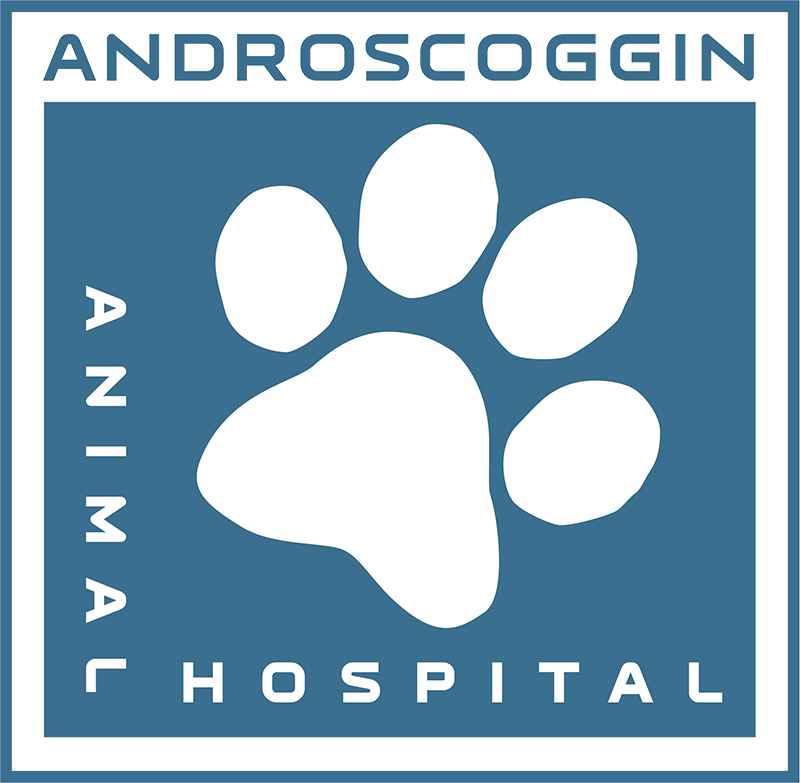Our Blog
We love educating our clients! That’s why we have curated and shared posts filled with helpful information regarding pet care.
Our Blog
Check out the latest educational articles and tips from the Androscoggin Animal Hospital team!
No Results Found
The page you requested could not be found. Try refining your search, or use the navigation above to locate the post.
